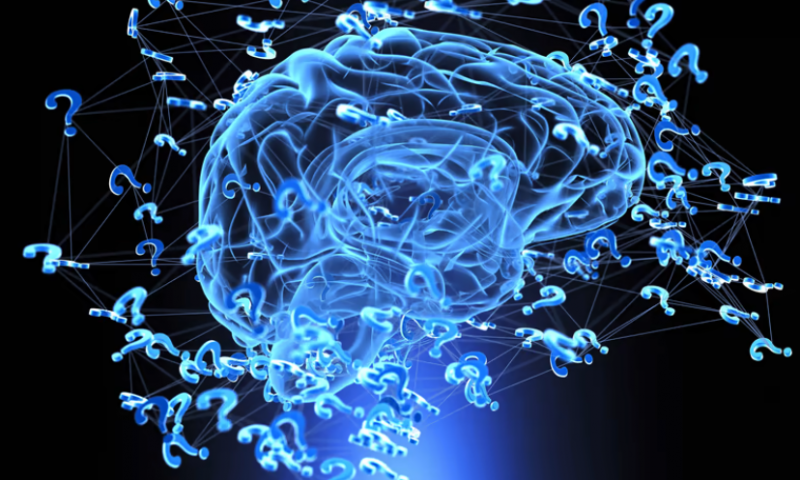Sage Therapeutics was mostly focused on reviewing safety for its Alzheimer’s disease drug, but early data shows the therapy may also improve executive performance, learning and memory in patients with mild cognitive impairment and dementia—but there’s a catch.
SAGE-718 is being studied in a phase 2 trial called Luminary in patients with mild cognitive impairment and mild dementia due to Alzheimer’s. The study, which is part of Sage’s CogNEXt program evaluating the drug to treat cognitive deficits in multiple indications, was geared towards determining safety.
However, before we get to the results, there is a pretty big caveat: the patients and researchers knew they were getting the treatment. The study was not blinded, and it was quite small. The gold standard for clinical trials is a blinded, randomized study, which this phase 2 was not.
Sage said they got a hit on “a comprehensive battery of tests” used to determine whether the therapy had an impact on cognitive performance. These tests showed improvements at day 14 on executive functioning including multitasking, special working memory and other measures as well as learning and memory, where patients were assessed for pattern recognition and verbal recognition.
Sage also observed improvements on a scale that assesses cognitive and thinking abilities in dementia. There was no improvement on attention and psychomotor speed, which Sage said is consistent with prior studies of SAGE-718.
As for safety, which was the main goal of the trial, Sage said the therapy was generally well tolerated. However, there were eight mild-to-moderate treatment-emergent adverse events reported in seven out of the 26 patients. The reactions included headache and constipation. The patients were on average 67 years and had received SAGE-718 once daily for 14 days.
The results are being presented next week at the American Academy of Neurology, but Sage revealed a sneak peak at the results Friday. Sage’s shares rose about 3% to $34.12 as the markets opened Friday morning.
SAGE-718 is the company’s lead neuropsychiatric drug candidate. Sage is most well known for its work in depression, with an FDA application coming soon for zuranolone in major depressive disorder. The Alzheimer’s test is part of a larger program that is putting SAGE-718 up against cognitive disorders including Huntington’s disease, Parkinson’s disease and Alzheimer’s disease—all disorders that Sage admits are difficult to treat.
Tough to treat is an understatement. While Biogen—also a Sage partner on zuranolone—got approval for an Alzheimer’s med last year, the field is still wide open, with plenty of candidates but little data to support improvement beyond biomarkers that are predicted to address the underlying disease. Biogen’s Aduhelm has struggled to find a foothold in the devastating neurological disorder and has not had a warm welcome from physicians or federal agencies that must pay for the treatment.
That leaves a lot of space for a company that can prove efficacy to step in. Others working in the field include Eli Lilly and Roche’s Genentech plus numerous small biotechs.
Sage intends to initiate further mid-stage studies for SAGE-718 in the three neurological disorders this year. The therapy received a fast track designation from the FDA for Huntington’s in 2021.

